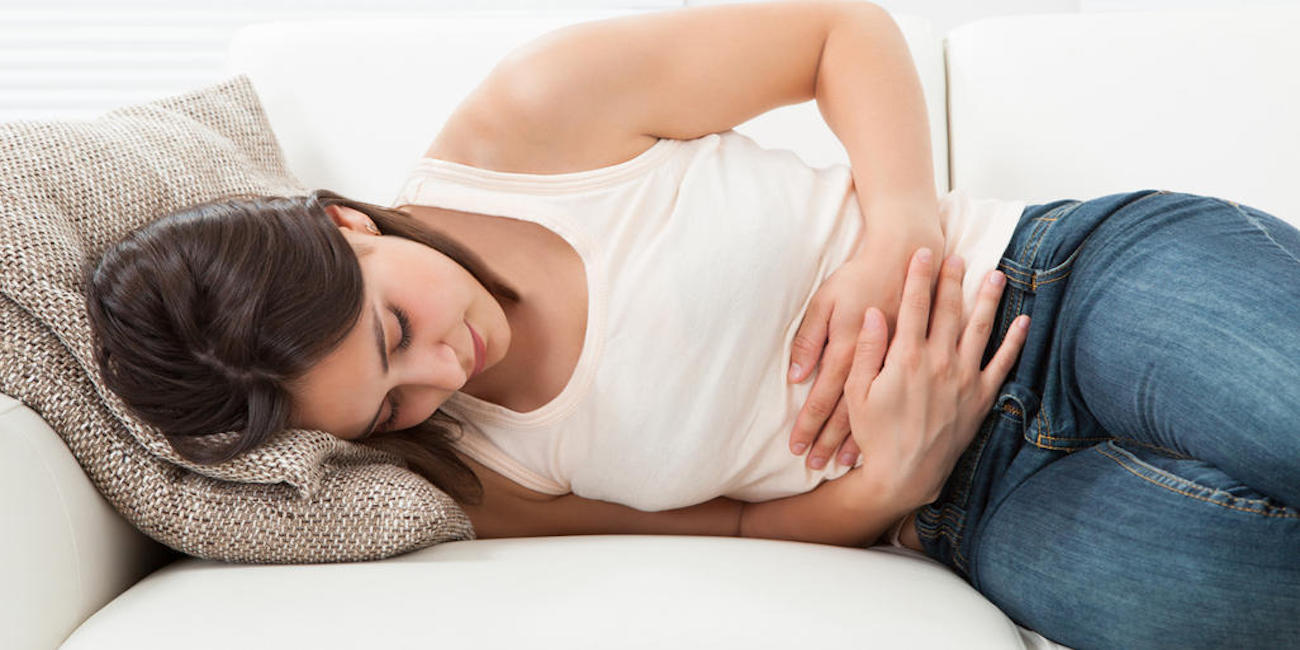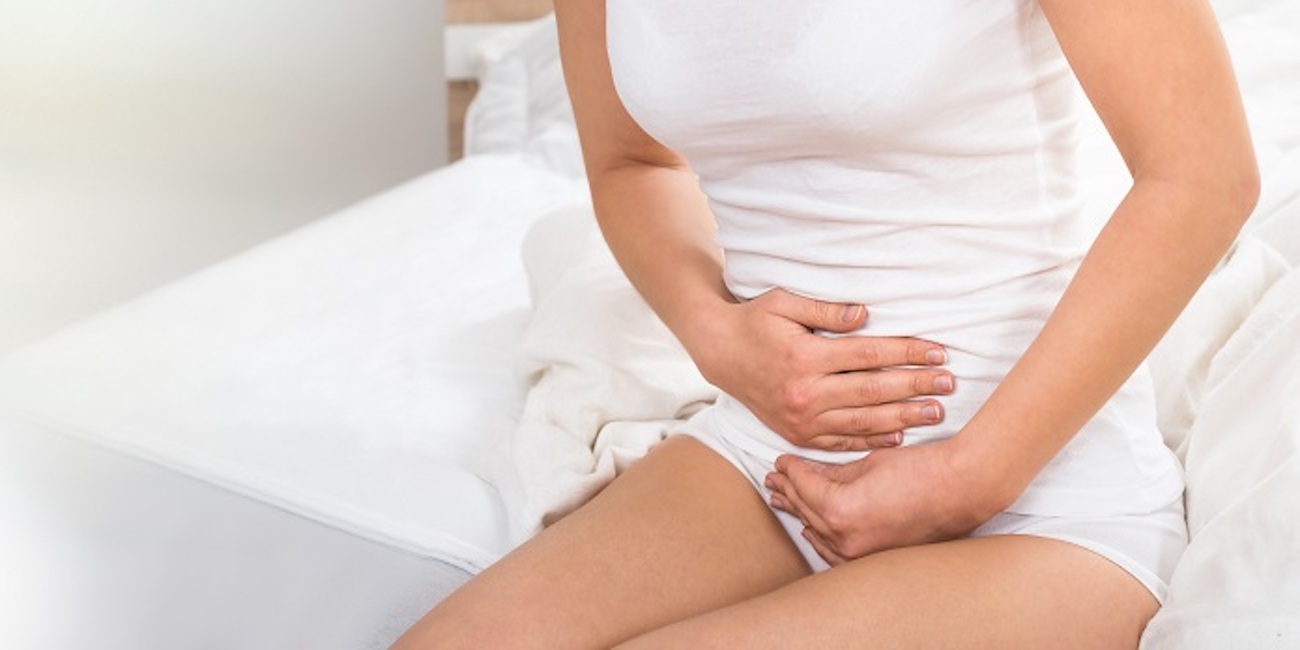
Constipation, a headache for countless people, would be even more painful if it happened to a pregnant mother. Constipation during pregnancy is one of the symptoms that women often occur during pregnancy, especially for expectant mothers in the latter part of pregnancy.
However, many pregnant mothers are told that there is nothing to be surprised about having difficulty defecation after pregnancy, so they all endure the pain of constipation silently, and don't know how to relieve it, let alone what to do to improve the constipation. In fact, this kind of minor problems, if not treated correctly, will eventually lead to irreversible consequences.
In the third trimester of pregnancy, constipation will become more and more serious, often without bowel movements for a few days, or even failing to defecate for 1-2 weeks, which leads to abdominal pain and bloating in pregnant women. Severe cases can lead to intestinal obstruction or even pelvic organ prolapse. Constipation is relatively common during pregnancy, with an incidence of 11% to 13%, and can occur at all stages of pregnancy. Constipation during pregnancy not only causes abdominal distension and loss of appetite in pregnant women, but also aggravates the damage of the pelvic floor muscles, and may even cause miscarriage or premature delivery due to increased abdominal pressure due to defecation.

First, the causes of constipation during pregnancy and postpartum
1. During pregnancy, as the fetus grows and develops, the rectum is excessively compressed. After delivery, the fetus's pressure on the rectum suddenly disappears, the bowel movement is reduced, and the intestinal contents are retained.
2. During pregnancy, the abdominal muscles are stretched and relaxed, and the separation of the rectus abdominis will also cause the decrease of abdominal strength, and then the pelvic floor muscles will relax. The two strengths are insufficient, which leads to difficulty in defecation.
3. Changes in endocrine levels of pregnant women. The secretion of progesterone increases, the smooth muscle of the gastrointestinal tract relaxes, thereby reducing the tension of the smooth muscle of the gastrointestinal tract, the peristalsis is slow, and the food residue stays in the intestines for a long time, causing difficulty in defecation.
4. The wound is painful or edema after the perineum lateral incision, and the patient is prone to fear, fearing that the wound will open and not dare to defecate forcefully.
5. Stay in bed for a long time after childbirth, the gastrointestinal motility is weakened, which leads to reduced function, and the content of the long-stayed content is over-absorbed.
6. After cesarean section, due to the influence of anesthetic drugs, short-term inhibition, slow bowel movement reflex.
7. Nerve damage of the perineum and pelvic floor muscles, such as: abnormal nerve reflexes, inhibiting bowel movements.
8. The postpartum diet is too fine and the food residue is reduced, which is not conducive to bowel movements.
Second, the hazards of constipation during pregnancy and postpartum
1. Cause anal fissure or hemorrhoids
After the contents are stored for a long time, the water is absorbed, the stool is dry, and it is difficult to defecate, and it becomes anal fissure or hemorrhoids.
2. Lead to pelvic organ prolapse
Excessive defecation or prolonged use of abdominal pressure can easily lead to weakness of the pelvic floor muscles, and even severe pelvic organ prolapse after delivery.
3. Cause obesity
Stool is not discharged in time in the intestines, and it is repeatedly absorbed, which may cause obesity, etc.

Third, four suggestions for preventing constipation
1. A balanced and reasonable diet
Increase the dietary fiber content in food, such as fresh fruits and vegetables, whole grain intake, if necessary, add some agar, use their water absorption, make the intestinal content swell and increase, thereby promoting intestinal peristalsis and defecation. Drink more water, 1000-2000mL daily. Drink 1 cup of warm water on an empty stomach every morning to stimulate gastrointestinal peristalsis, soften stools, and stimulate bowel movements.
Correct the partial eclipse habits, use less refined foods, and appropriately increase coarse grains, beans and their products for people without special diseases. Because of its deficiency, it can affect nerve conduction and slow down gastrointestinal peristalsis, which is not conducive to food digestion, absorption and excretion. Foods such as yogurt are rich in lactic acid bacteria, which help to improve the balance of intestinal flora, regulate intestinal function, and help prevent constipation.
2. Moderate exercise
Women should get out of bed as soon as possible: physical exercise can promote bowel movements and help restore muscle tension. Generally, mothers sit up 6-8 hours after giving birth naturally, perform some turning activities, adopt a variety of sleeping or sitting positions, or gently massage their lower abdomen. On the second day, walk around indoors to avoid fatigue, but avoid prolonged squatting and standing. For those without comorbidities in cesarean section, try to walk indoors on the second day after delivery. If there are comorbidities, follow the doctor’s instructions and do not get out of bed too early.
3. Develop good bowel habits
Develop the habit of defecation after getting up every morning or at a time that you think is appropriate. If you find a bowel movement, you should defecate immediately. Attention should be paid when defecation, not listening to music or reading newspapers and magazines. Do not use too much force during defecation to cause cardiovascular and cerebrovascular complications and rectal mucosal prolapse.
4. Maintain a good mood
A bad mood will decrease the secretion of gastric acid and slow down the gastrointestinal motility. Therefore, keeping the spirit happy and comfortable at ordinary times. Avoiding bad mental stimulation can help relieve constipation.
Fourth, the treatment of postpartum constipation
Many mothers still encounter the problem of constipation after giving birth. At this time, we can take electrical stimulation therapy and manual massage to improve it.
1. Electrical stimulation treatment
A: Improve intestinal weakness
Strengthen abdominal muscles through electrical stimulation, assist intestinal peristalsis, and improve constipation.
B: Improve intestinal peristalsis
Decreased intestinal peristalsis ability causes feces to stay in the colon and become hard. By stimulating colonic smooth muscle and strengthening intestinal peristalsis and contraction, it is conducive to defecation.
2. Manual massage therapy
Massage the abdomen with techniques to promote bowel movements.
Adhere to treatment every day, and start defecation once in the morning after the day of treatment. In the course of 10 days of treatment, the general patient will be able to defecate normally and restore the consciousness of defecation and get rid of the distress of enema. After a return visit two years later, the bowel function remained good, and he insisted on routine circulatory treatment and bowel motility treatment once a year.
2022-06-29
2022-06-16
2022-05-24
2022-04-28
2022-04-18
2022-03-17
2022-03-16
2022-03-14
2022-02-15
2022-01-21